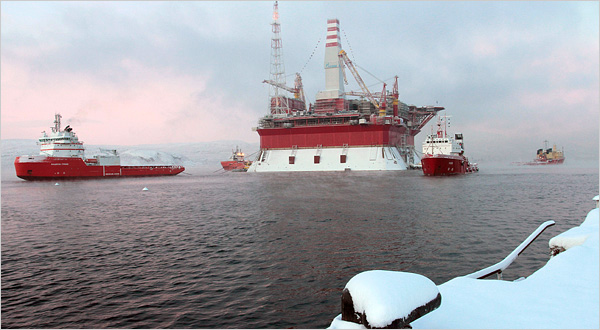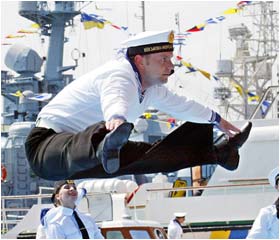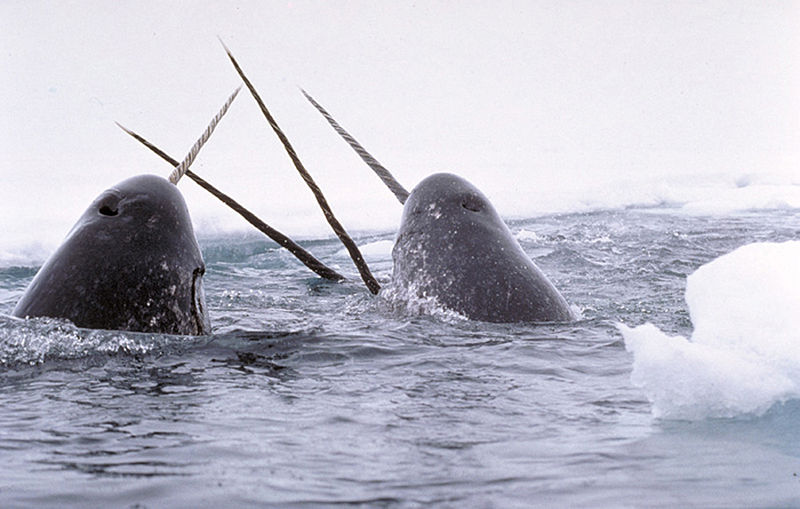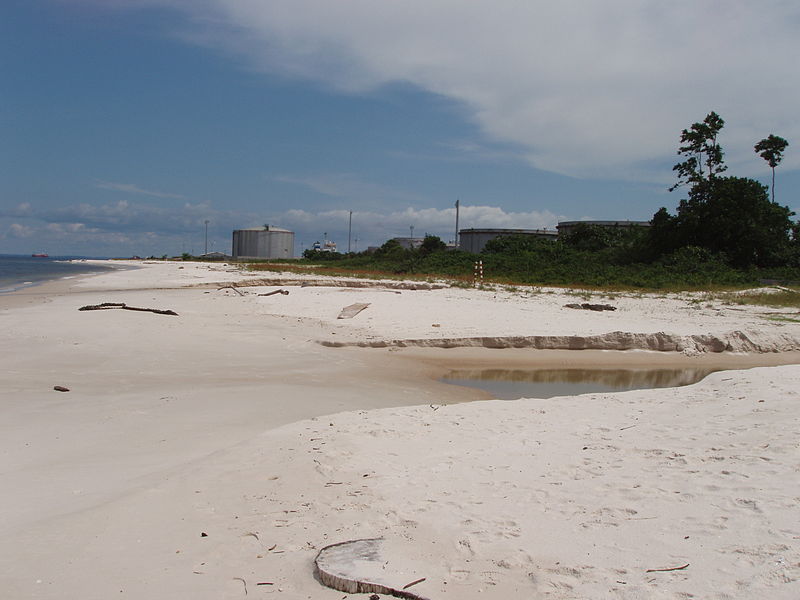Russia announced last week that it will formalize its military commitment in the Arctic by establishing a dedicated presence in the region, immediately following the Canadian claims to seabed territory in the Arctic. This is a powerful signal by Russia that its political and economic interests in the Arctic will be accompanied in the future by an important security dimension. This announcement also serves as a caution to any extra-regional countries that wish to wield political influence in the region themselves. Russia’s activism in the Arctic is nothing new or surprising, but this most recent development suggests that the Arctic is set to become one of the world’s geopolitical hot spots in the 21st century.
[captionpix align=”left” theme=”elegant” width=”300″ imgsrc=”http://natoassociation.ca/wp-content/uploads/2014/01/44069525_arctic_russia416.gif ” captiontext=”Map of claimed territory in the Arctic, including the disputed area of Russian-claimed Lomonosov Ridge: Courtesy of the BBC”]
Russia’s foreign policy since the collapse of the USSR has taken a more pragmatic turn under Vladimir Putin since he assumed authority in 2000. This pragmatism is confirmed by the Russian President’s recent admission that Russia seeks to be a leader, but has no pretensions about being a superpower. The reason is that maintaining primacy in the world – political, economic and military – has very high costs, which, after all, contributed significantly to the collapse of the USSR in 1991.
Militarily, Moscow is also rolling out a new class of submarines to bolster its Arctic capacities, among other doctrinal objectives. However, Russian investment in the Arctic is very multi-faceted. Significant investments are currently being made in new icebreakers and submarines, which will fill several roles: defence, patrolling, enforcing maritime borders, as well as maintaining access to the North-eastern Passage. In sum, Russia remains the Arctic power with the highest operational capacity of any other littoral or non-littoral country with interests in the region. All this investment, however, is not coincidental.
These investments are a reaction to a warming Arctic and associated geopolitical implications. Climate change is most noticeable in the rapidly thinning permanent ice cover of the Arctic, which affords easier access to valuable shipping routes. Open waterways also allow for more permanent political management of these northern regions. There is immense pressure on littoral Arctic countries to control the geopolitics of the region not only through a robust presence, but also a strong institutional framework to govern relations in an increasingly crowded space. Indeed, six new observers were welcomed to the Arctic Council earlier this year.
For most northern countries, including Russia, the Arctic holds intrinsic value through its natural resources. What’s more, access to these resources is not beset by chronic conflicts and instability, in contrast to many of the world’s other resource-rich areas. It is this fact that would most likely make Russia a desirable partner for developing countries in the 21st century. Long-term resource contracts such as those between China and Russia today may set a precedent for other emerging powers in the future.
It can be said that Russian foreign policy has freed itself from the ideological encumbrance that it was under for the larger part of the 20th century. As a result, it has turned towards geopolitical pragmatism with a focus on extending influence in one of the world’s key regions, by virtue of both geography and a tradition in Arctic development.
For Canada, the message is clear: claims to the Arctic must be supported with investments in the necessary capacity to manage it, operate in it and defend it. The Arctic is unquestionably a new arena for geopolitical jockeying, and Canada is going to be in the frontline of the proceedings over the course of the century.




